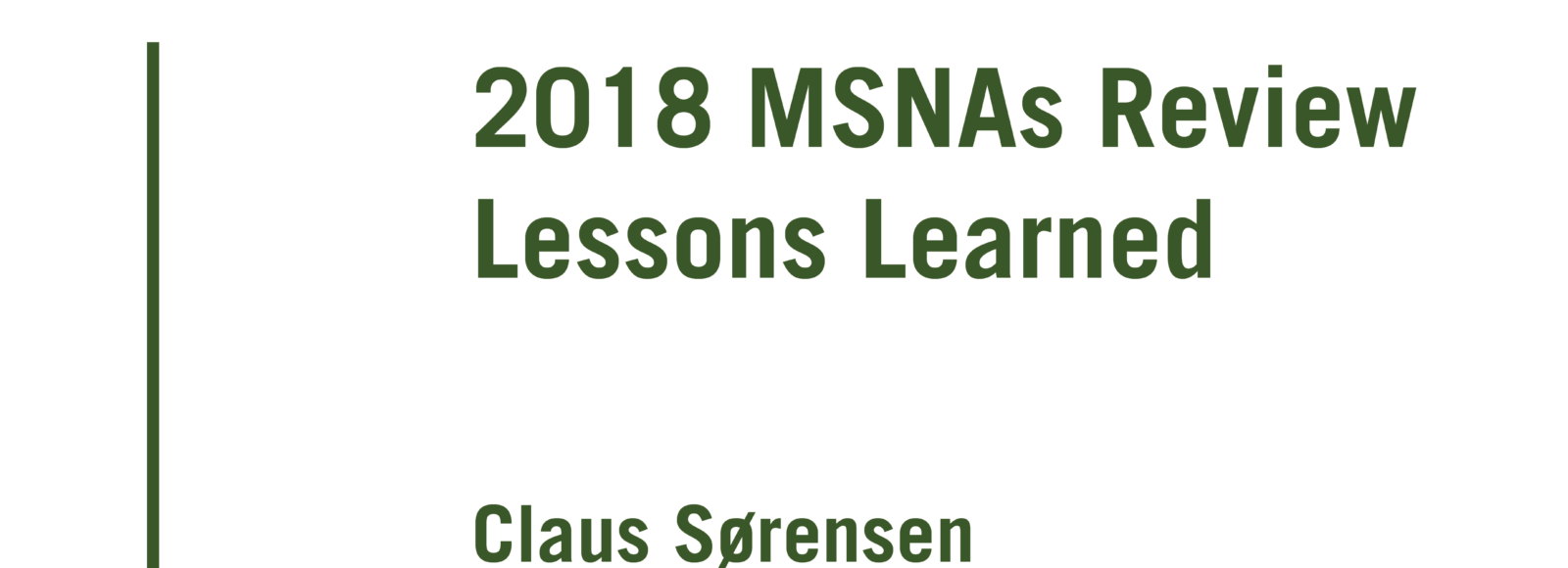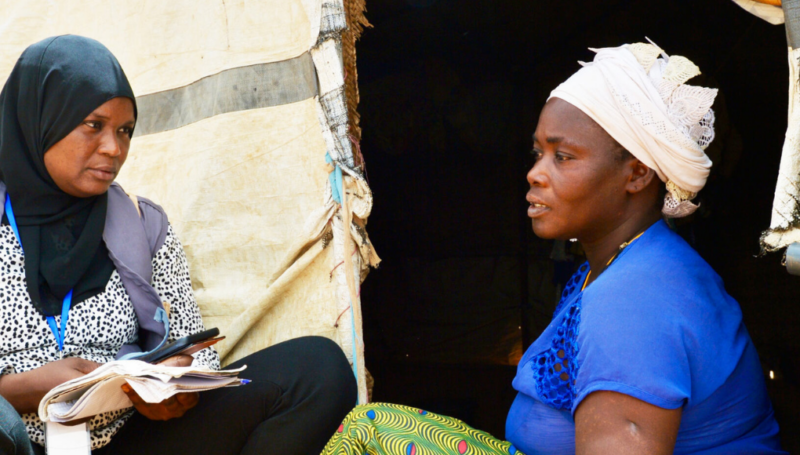Aiming at contributing to meeting the need for a “single, comprehensive, methodological, sound and impartial overall assessment of needs for each crisis” (Humanitarian Grand Bargain) to enable evidence-based humanitarian planning, Multi-Sector Needs Assessments (MSNA) are gaining traction as a tool for informing major aid actors on the response they develop to a crisis. MSNAs are destined to ensure that assistance is targeted, well prioritised, and effectively address the needs of all affected populations in any given crisis. By approaching crises from a multi-sectoral perspective, and basing the response on information collected directly from affected populations, MSNAs help to shape a response that can address needs across sectors all the while ensuring that the most vulnerable are given acute attention and that “no one is left behind“. The relevance of this approach can be appreciated as data and information sourced from the MSNAs are increasingly permeating humanitarian processes such as Humanitarian Needs Overviews (HNO) and Humanitarian Response Plans (HRP)- processes that are central to shaping the response to a crisis.
In 2018, REACH supported the organization and implementation of MSNAs in 8 crises, all in the framework of OCHA– or UNHCR-led inter-agency and inter-sectoral Assessment Working Groups and the likes. An additional 12 MSNAs have been conducted in 2019 to inform country-level consolidated appeals such as the HNO/HRP. In order to evaluate the added-value and to identify lessons learned for the future, and with financial support from the European Civil Protection and Humanitarian Aid Operations (ECHO), Mr. Claus Sørensen was tasked to conduct an independent review of the MSNAs conducted in 2018. Ex-director general of ECHO, Claus Sørensen interviewed a wide array of humanitarian decision-makers and stakeholders at global and crisis level to inform the final report. His conclusion? “Time has probably come to consider a reversal of proof by preceding every assessment by the question: “why not an MSNA?”
In Brief
Evaluating the set of MSNAs conducted in 2018, Sørensen explains to the reader that the MSNAs “provide a practical and reliable answer to the Grand Bargain commitment to conduct joint and impartial needs assessments to inform humanitarian planning processes.”
The report also introduces the reader into the background and the rationale surrounding the need for MSNAs and reviews the methodology. After laying the foundations Sørensen goes on to tackle the vital questions: To what extent were MSNA findings comprehensive, reliable, timely, relevant and to what extent should and can the MSNA process be systematized as part of the Humanitarian Programme Cycles?
Broadly speaking, in his set of recommendations, Sørensen claims “this review has found wide support on the need to conduct MSNAs in locations with large-scale humanitarian caseloads.”
However, it would be wrong to assume that the MSNA process has found its final shape. For Sørensen “further uptake of MSNAs will remain dependent on a continued push from all those actors that perceive a need for a joint multi-sectoral assessment ahead of prioritization and planning processes.” IMPACT Initiatives, through REACH, is proud to be part of this push that will hopefully lead to mainstreaming evidence-base response in the humanitarian sector in the goal of continuously improving the response brought to affected populations.
The full report (PDF) is available here:










